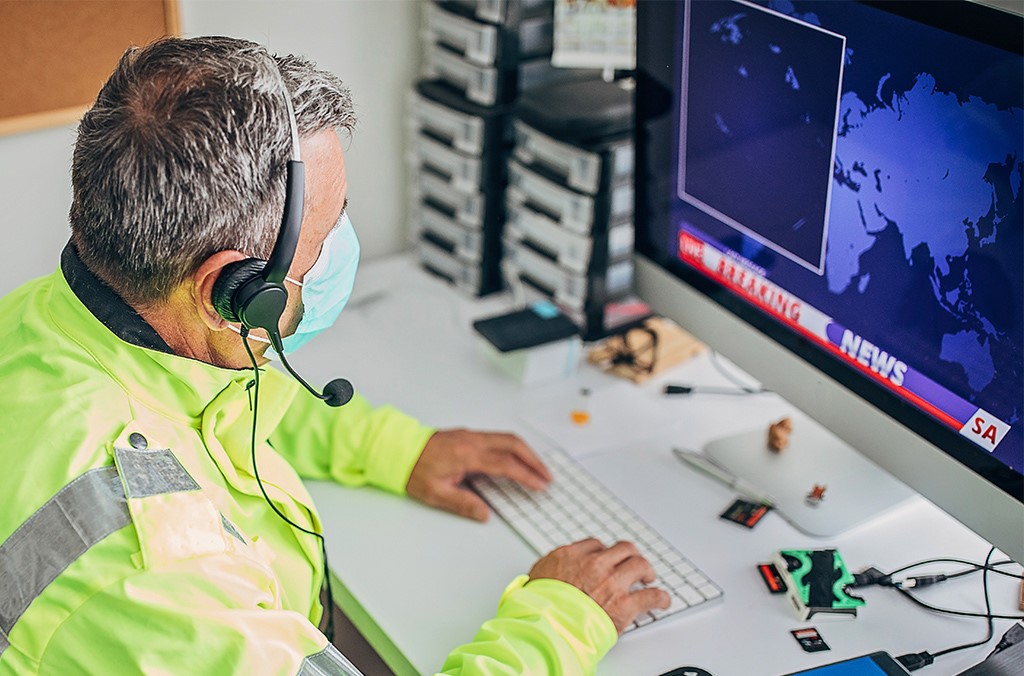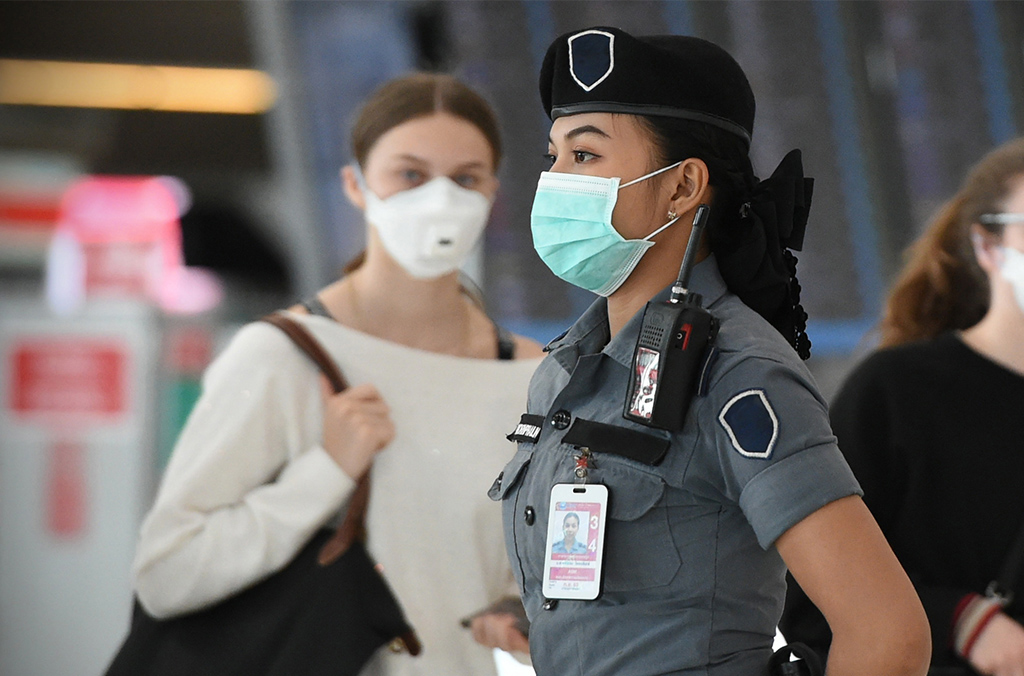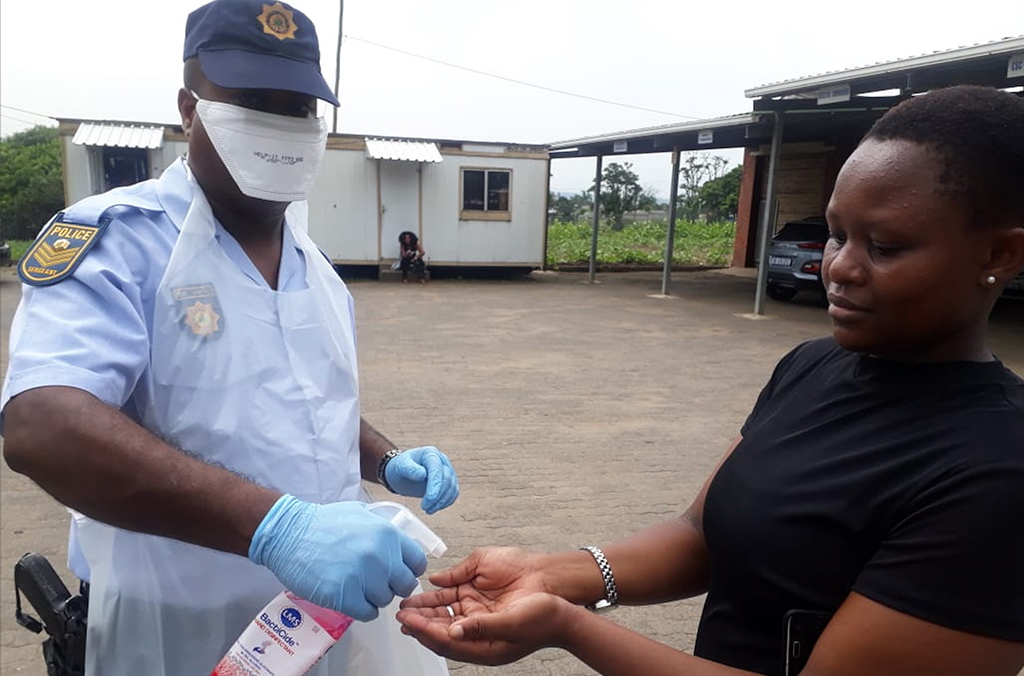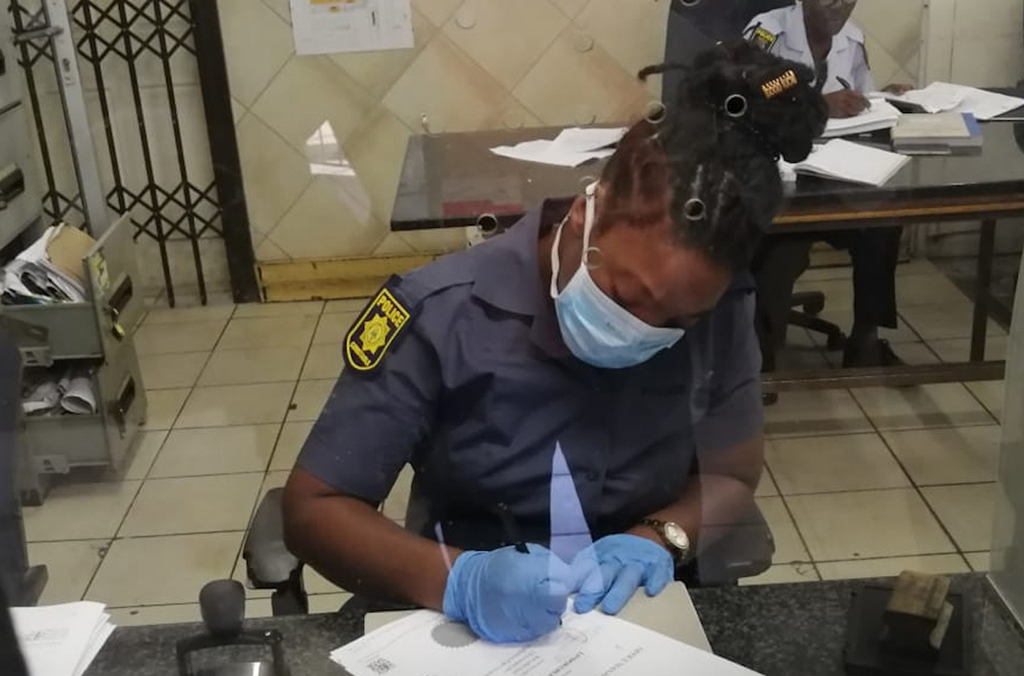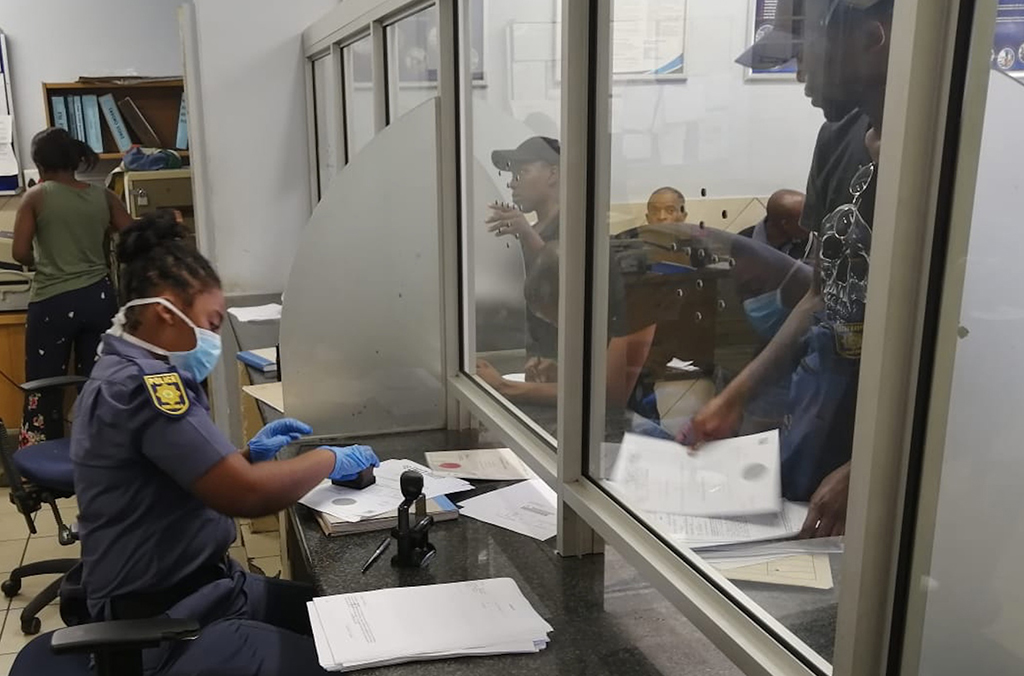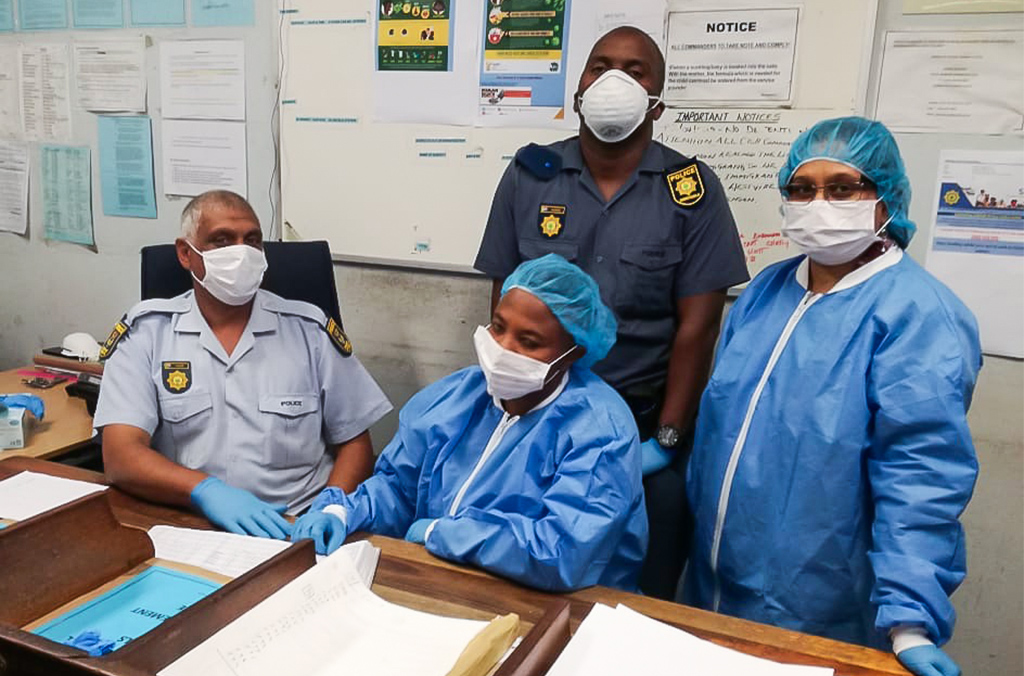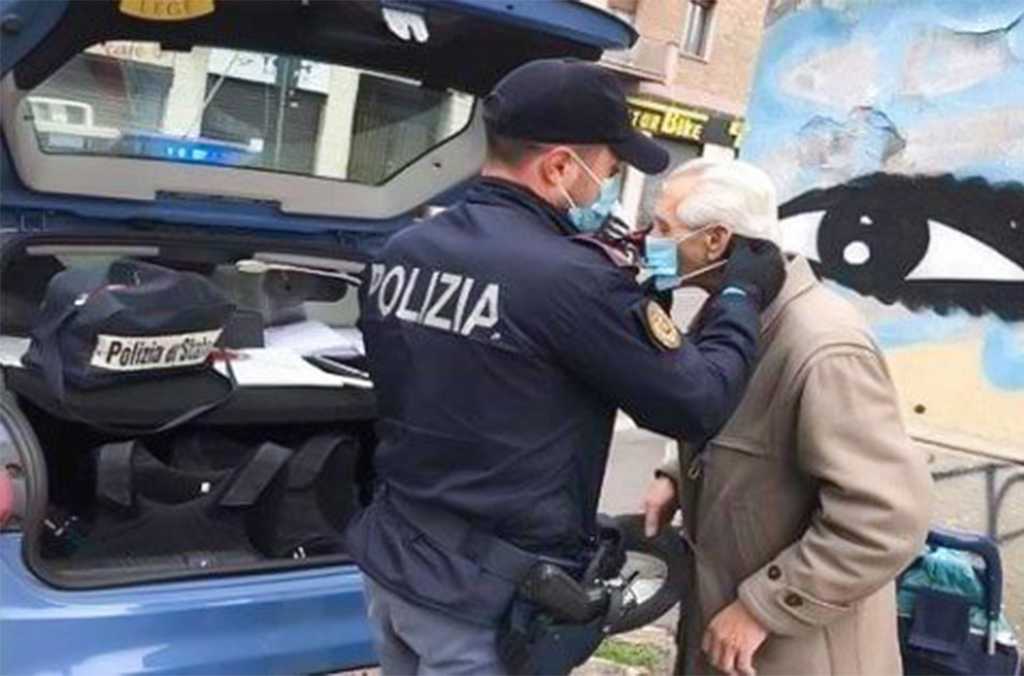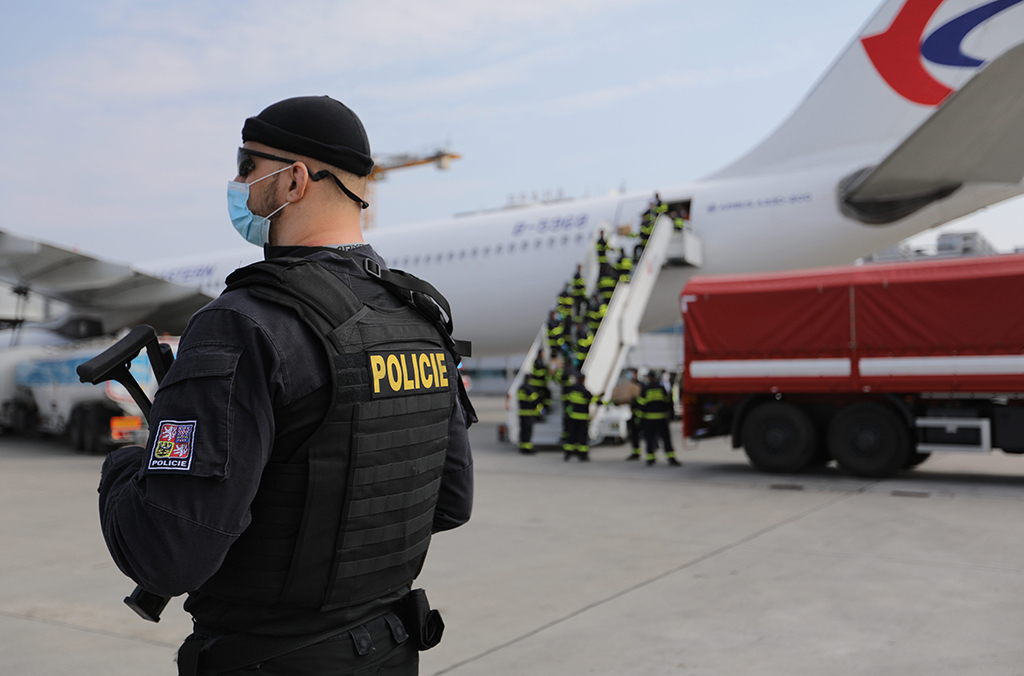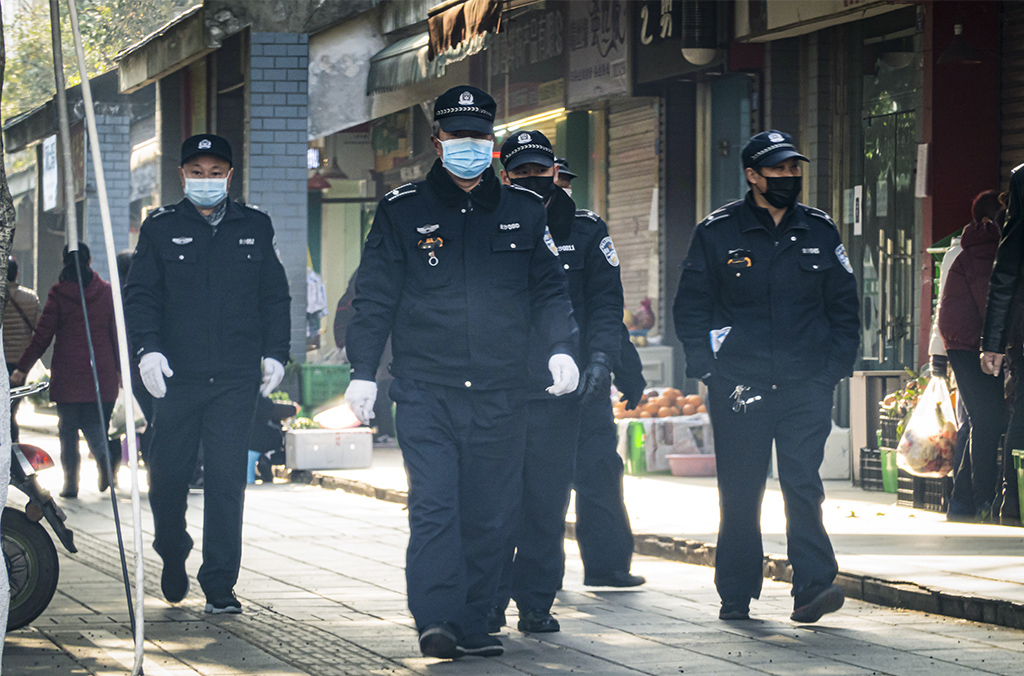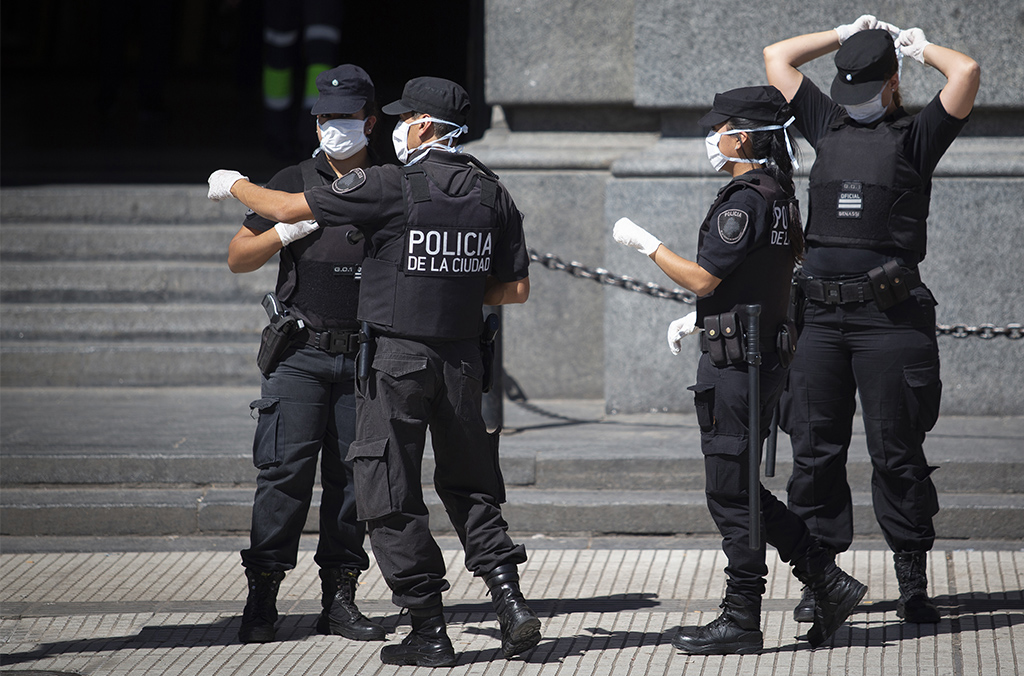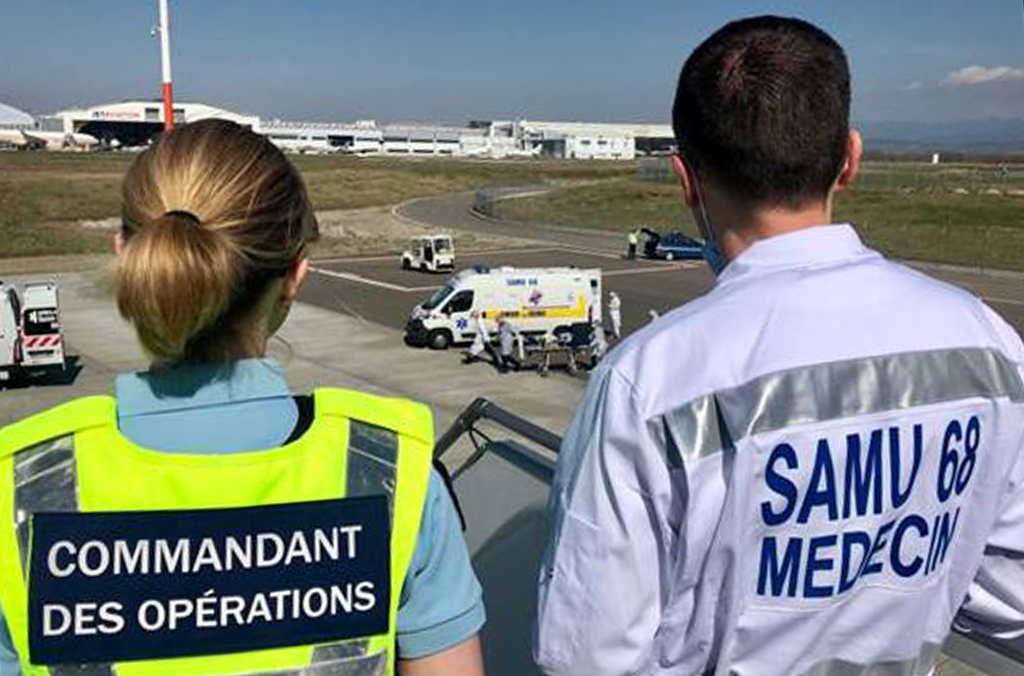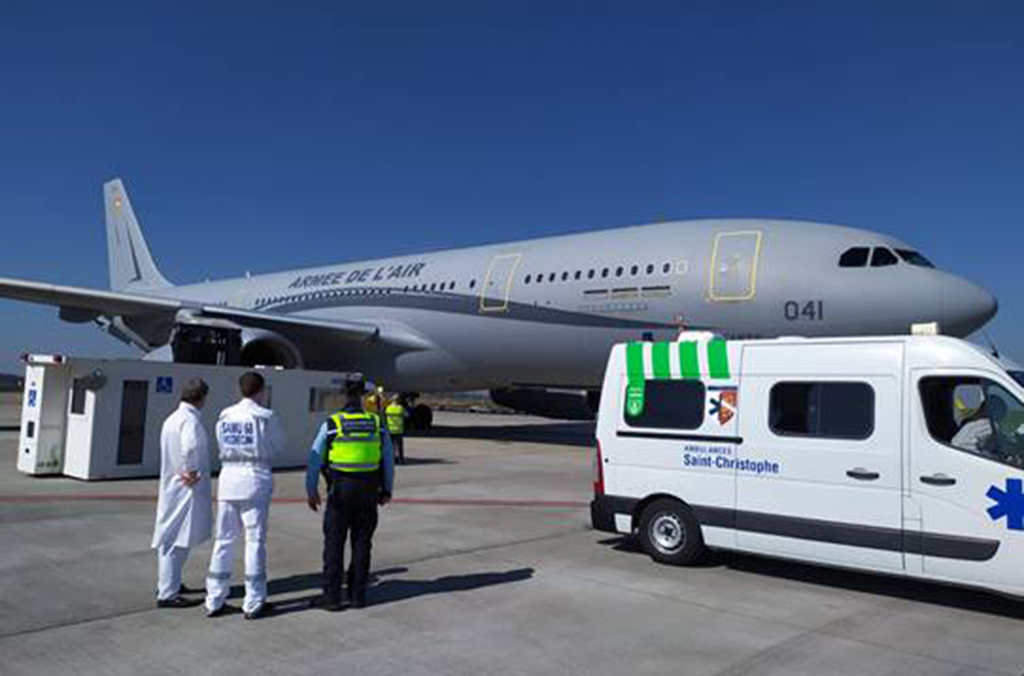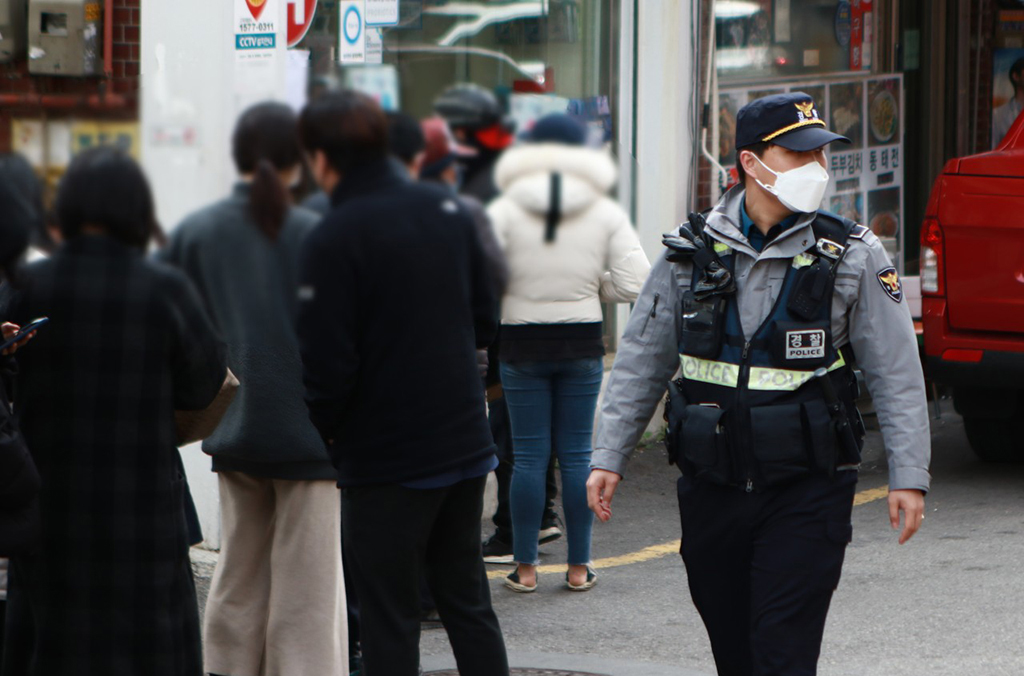LYON, France – With COVID-19 drastically changing the law enforcement landscape, INTERPOL has issued a global threat assessment on crime and policing to its 194 member countries.
The report, which is for law enforcement only, draws on expertise and knowledge from police in countries already dealing with COVID-19 related issues, and will be regularly updated as new threats emerge.
It outlines the ‘crime lifecycle’ to help law enforcement in countries which are now being affected, and identifies the challenges facing police across different regions, as well as best practice and measures to mitigate the effects of COVID-19 related crimes.
Impact on police
Two key themes which INTERPOL is monitoring are the impact on police officers and infrastructure, and how COVID-19 has given rise to new criminal opportunities alongside the impact on existing criminal markets.
INTERPOL Secretary General Jürgen Stock said the report is a vital resource for authorities worldwide to draw upon, both now and for when countries eventually emerge from the COVID-19 pandemic.
“Law enforcement is learning precious lessons and fast. Lessons which need to be shared quickly for the benefit of our law enforcement colleagues who have yet to feel the full impact of COVID-19, and who are working hard preparing their agencies for it,” said Secretary General Stock.
“The pandemic provides incentives and opportunities for criminal groups and where we have identified new trends, we have quickly shared these with our member countries.
“Although many people are under confinement, criminals and terrorists continue to operate, but so too does INTERPOL to help police in our member countries protect the communities they serve,” concluded the INTERPOL Chief.
Identifying innovative uses of technologies to adapt to the challenges of COVID-19 such as the use of drones, the evolving use of biometrics and artificial intelligence is also addressed in the document.
Global threats
Among the evolving threats outlined in the report:
- Marked increase of cyber threats including malicious domains, malware and ransomware
- Health service providers and essential products outlets increasingly targeted as critical infrastructure
- Fraudulent and counterfeit trade in personal protective equipment (PPE) and anti-viral pharmaceuticals
- Increased drug commerce via social media, encrypted apps and the Darknet
- Individuals and businesses on reduced incomes potential targets of loan sharks
The report also includes exclusive insights by police chiefs from around the world, ensuring information is shared directly by those currently shaping and implementing national law enforcement responses.
Crime pattern changes
With one third of the world’s population currently under some form of confinement, changes in crime patterns are already being seen.
As more people are at home, the number of burglaries has dropped, but thieves are increasingly targeting factories or business premises which are standing empty.
There has also been a significant rise in domestic violence cases since the start of coronavirus-related quarantines, with reports showing women and children at greater risk of abuse.
Recent weeks have seen increased online activity by paedophiles seeking child sexual abuse material, which is being exacerbated by a shortage of moderators who identify and remove offensive material from networks.
INTERPOL is also currently monitoring and receiving information from member countries in relation to shifts in other crime areas such as people smuggling, human trafficking and environmental crime.
Warnings and guidelines
In addition to the global threat assessment, INTERPOL continues to share warnings to member countries in relation to specific threats. Purple Notices have been issued in relation to increased ransomware attacks and new types of fraud specifically linked to COVID-19. We are working closely with private partners and encourage other industry leaders to support our work in identifying and mitigating these new threats.
INTERPOL has also recently published international guidelines which outline the various roles carried out by law enforcement and how officers can protect themselves and their families during a pandemic.
INTERPOL will continue to update and inform the public about new threats and provide advice on how to stay safe. Check our COVID-19 section and follow us on Twitter, Facebook and LinkedIn for the latest information.




